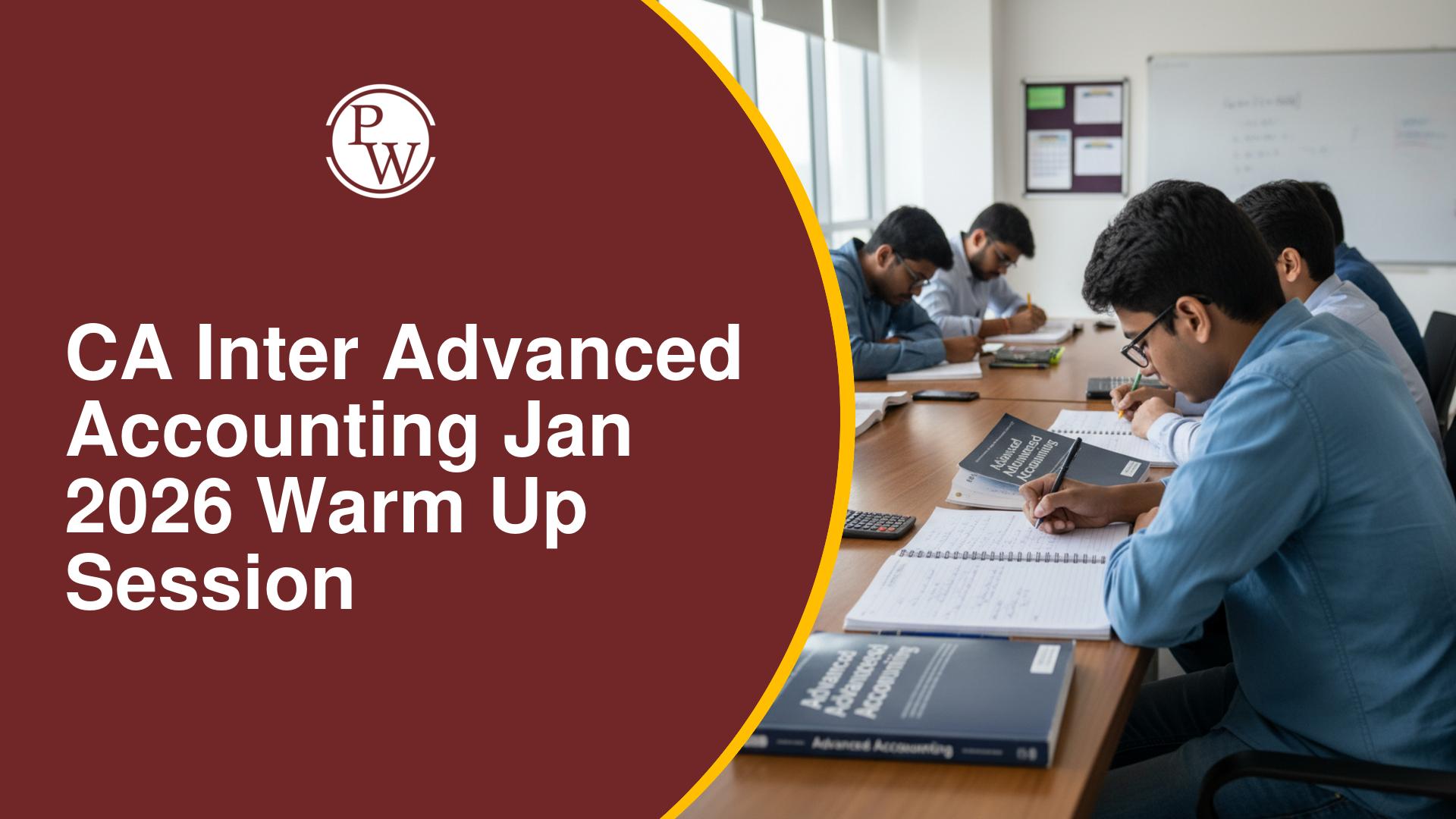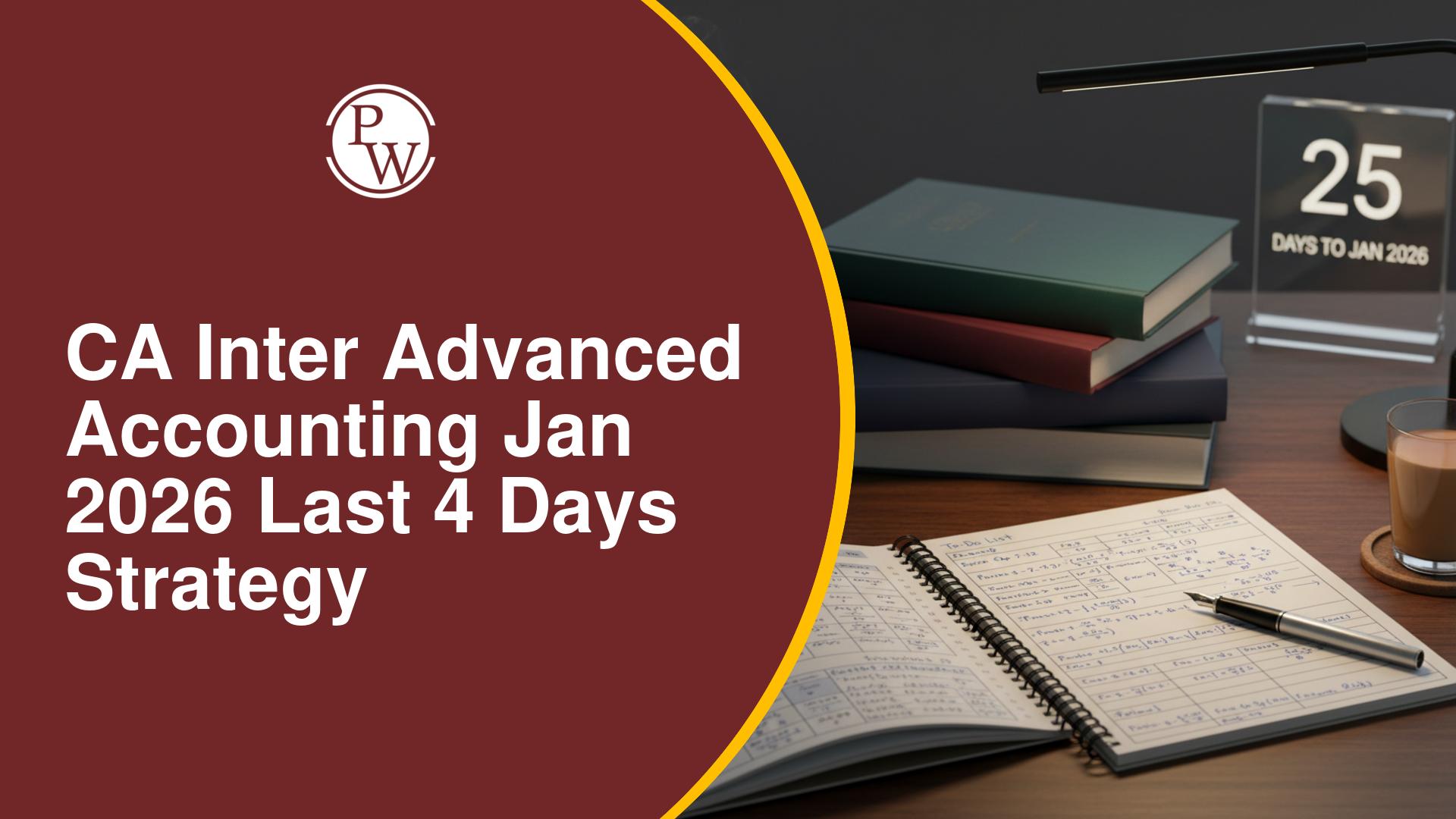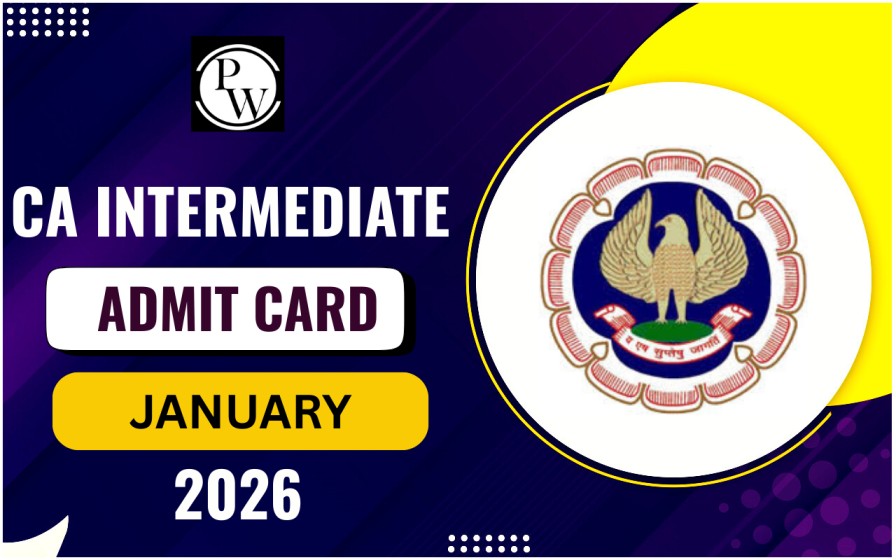
Tax Planning: Everyone must pay taxes on the money they earn. According to the rules in the Income-tax Act, these taxes must be paid. As your income goes up, so does the amount of tax you owe. Tax Planning is an important part of managing your money wisely. It's all about finding ways to lower your tax bill and keep more of your money.
You'll often hear about Tax Planning towards the end of the year. But waiting until then can lead to rushed decisions that might not be the best. That's why experts suggest planning your taxes early in the year, instead of waiting until the last minute. This article helps you prepare for CA Exams effectively.What Is Tax Planning?
Tax planning is crucial for managing your finances. It means looking at your money situation, finding ways to save on taxes, and putting plans into action to lower what you owe. When you cut down on taxes, you'll have more money to spend and invest in what matters to you. Doing this well means knowing the tax rules and staying updated on any changes. In the following section, we'll share some tips to help you save on taxes while following the law.Importance of Tax Planning
Tax planning is crucial for many reasons. Here's why it matters:- Pay Less Tax: Tax planning helps cut down the amount of tax you owe by making the most of deductions, credits, and other tax-saving opportunities.
- Smooth Cash Flow: It helps you predict and handle tax payments, so your finances stay stable.
- Prepare for Life Events: Big life changes like getting married, having kids, or starting a business can affect your taxes. Planning ahead helps you adjust and minimize tax impacts.
- Smart Investing: Knowing how investments are taxed helps you pick ones that maximize your profits after taxes.
- Improve Business Finances: Businesses can save money by making strategic tax decisions, like maximizing deductions and minimizing taxable income.
- Use Tax Breaks Wisely: Take advantage of tax-advantaged options like retirement plans to boost your savings.
- Reach Financial Goals: Tax planning is a key part of financial planning, helping you save money and meet your financial targets.
- Stay Compliant: Following tax laws and rules prevents costly penalties and legal issues.
- Manage Risks: Assess and handle tax-related risks, such as the chance of being audited, to protect your finances.
| Also Check: | |
| Management Accounting | Financial Accounting |
Types of Tax Planning
Tax planning aims to minimize taxes through various strategies. Here are different types:Short-term Tax Planning: This focuses on reducing taxes within the current tax year. It might involve delaying income or speeding up deductions to lower tax payments for the present year.
Long-term Tax Planning: This strategy aims to cut down taxes over many years. It includes plans like retirement, estate, or investment planning to steadily decrease tax burdens over time.
Permissive Tax Planning: Here, taxpayers leverage government-provided tax benefits to lower their tax bills. For instance, they might claim deductions for charitable donations or utilize tax credits for eco-friendly investments.
Purposive Tax Planning: This involves arranging financial transactions to minimize taxes, often by exploiting legal loopholes or using tax shelters.
Marginal Tax Planning: This strategy involves analyzing how additional income or deductions affect the taxpayer's marginal tax rate. The aim is to find the ideal balance to minimize taxes.
Structural Tax Planning: This entails restructuring personal or business finances to maximize tax efficiency. It could mean changing a business's legal structure or utilizing offshore accounts to lessen tax obligations.
How to Plan the Taxes?
Effective tax planning requires a structured approach. Begin by starting early in the year, rather than procrastinating until the last minute. This entails leveraging deductions, credits, retirement contributions, and charitable donations to lower your tax burden while aligning with your financial objectives. Next, assess your tax situation thoroughly, considering your income, expenses, and potential deductions. This evaluation allows you to pinpoint areas for tax reduction. Then, identify available tax-saving avenues like deductions, credits, and exemptions. Subsequently, craft a personalized tax-saving strategy based on your assessment and identified opportunities. This strategy aims to minimize your tax liability while maximizing efficiency. Once formulated, implement your plan by taking concrete actions such as investment decisions or structuring your business finances smartly. Regularly monitor your tax situation as laws and regulations may change. Adjust your strategy accordingly to ensure ongoing effectiveness. By following these steps diligently, you can optimize your tax planning efforts and achieve financial peace of mind. Maximize your tax planning skills with our Physics Wallah CA Taxation Course . Learn effective strategies to minimize tax liabilities and excel in managing finances. Enroll now for financial empowerment!Tax Planning and Compliance FAQs
Why is tax planning important?
What are the different types of tax planning?
How do I start planning my taxes?
What are the benefits of early tax planning?
How often should I review my tax plan?










